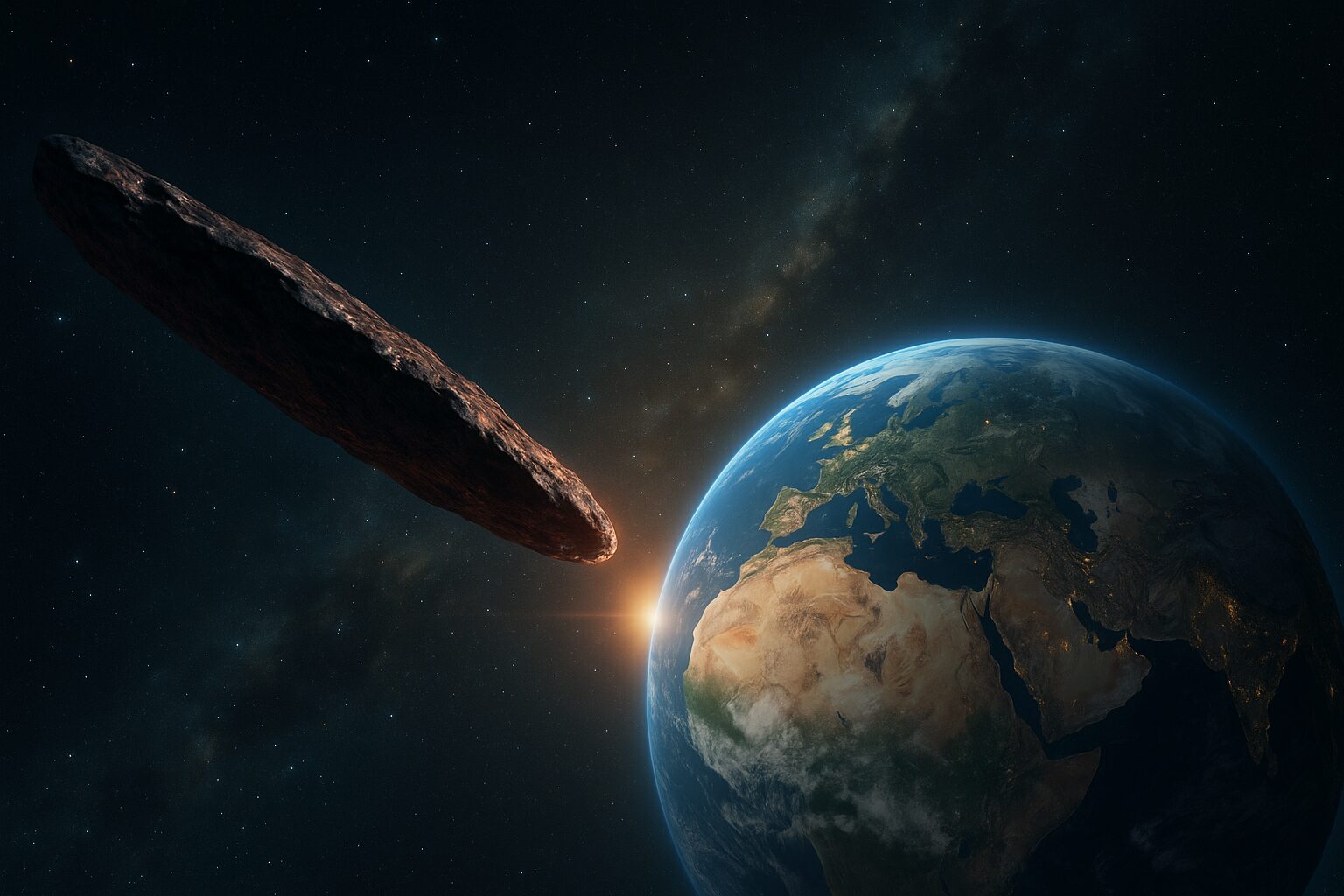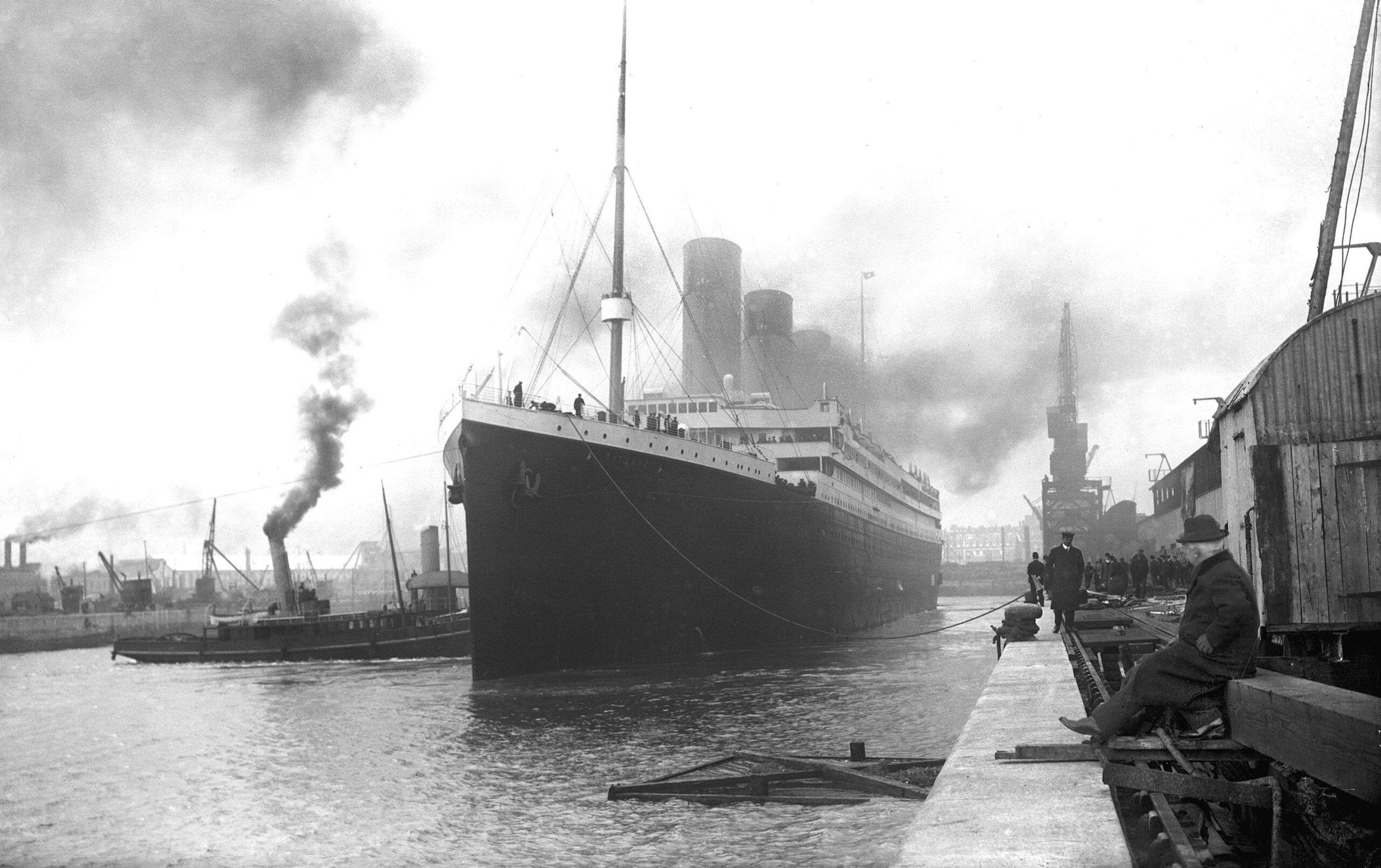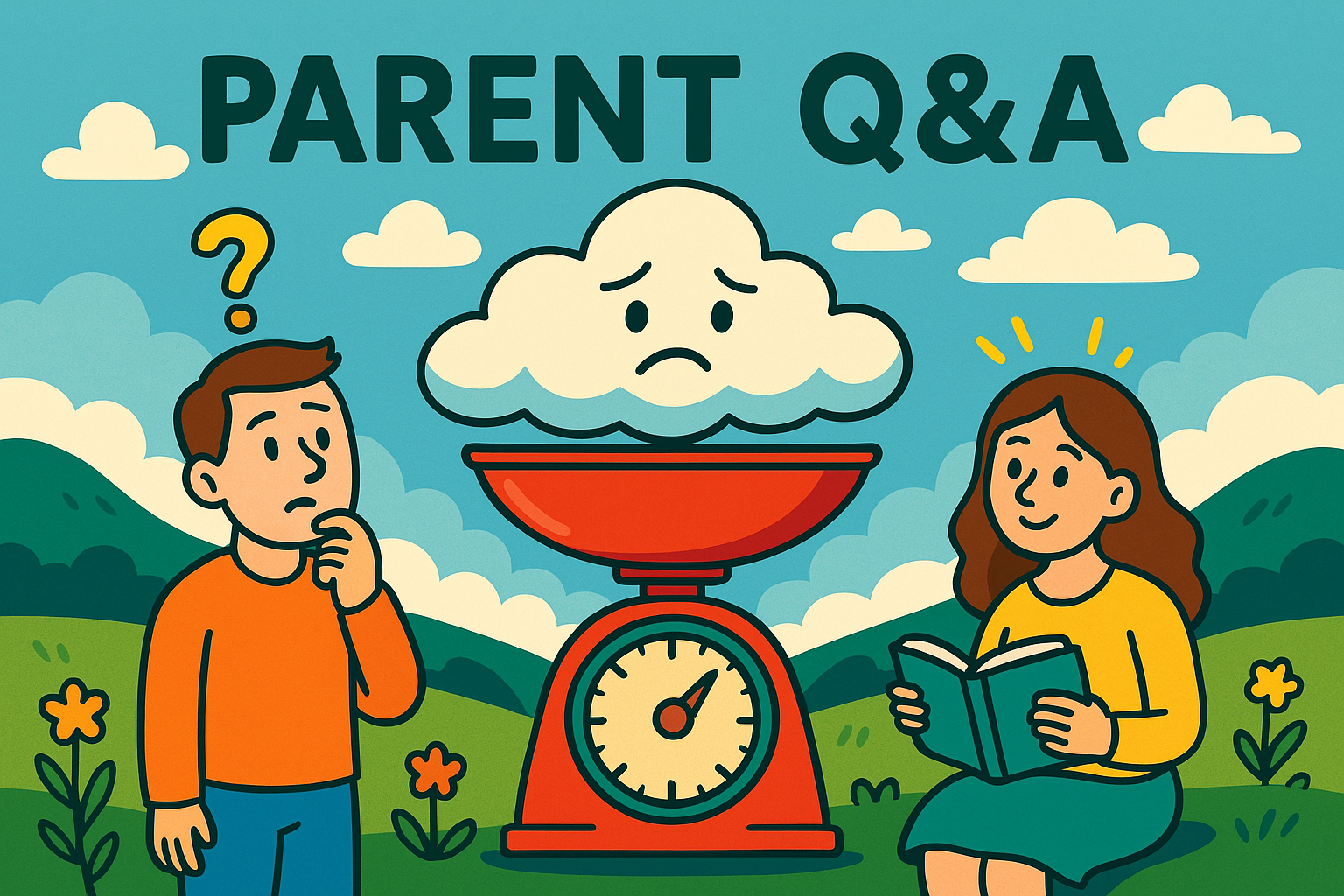The End of Everything: How the Universe Might Die (Q&A)
This universe parent Q&A sheet helps home-educating families explore the biggest questions in astronomy. It covers real scientific theories about how the universe could end, from the Big Rip to Heat Death. With clear explanations, helpful analogies, and real-world connections, it’s designed to support meaningful conversations at home.






